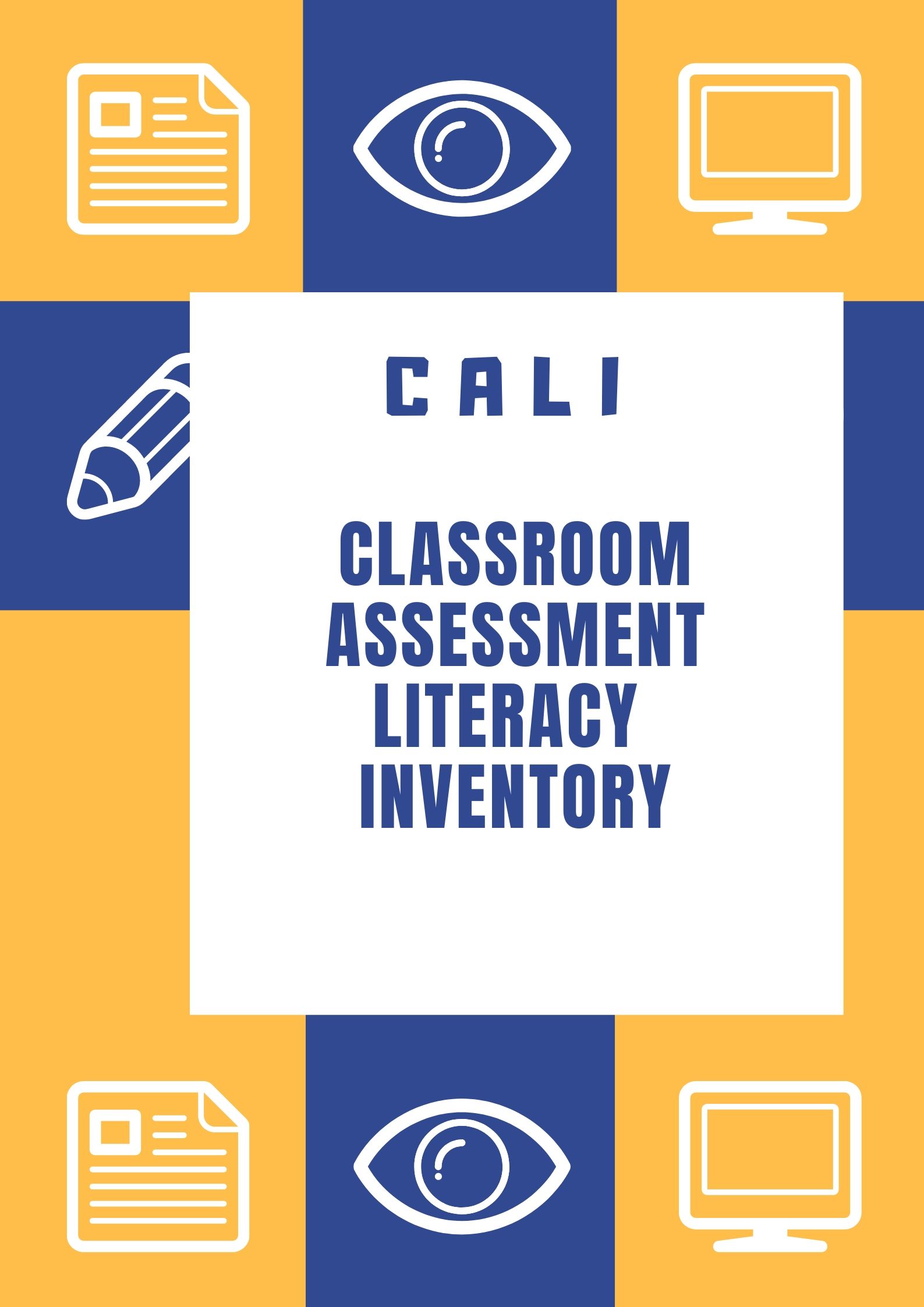Exploring In-Service TEYL Teachers’ Assessment Literacy: Implication For Continuing Professional Development
DOI:
https://doi.org/10.21070/jees.v5i1.364Keywords:
assessment, literacy, TEYL, CPDAbstract
Assessment is central and holds essential role in language learning from which the result of the teaching and learning are derived. It shows that the ability of language teachers in assessing their students is crucial. This study explored the assessment literacy of in-service TEYL teachers in Bogor by employing narrative case study. The subjects of the study were 19 English teachers around Bogor. In collecting the data, CALI (Classroom Assessment Literacy Inventory) and FGD (Focus Group Discussion) were employed. The data gathered from CALI were then scored and analyzed, and FGD data were coded based on the assessment literacy standards from which conclusion were derived. The findings reveal that teachers have poor level of assessment literacy. Consequently, teachers must update themselves by conducting continuing professional development.
HIGHLIGHTS:
- Assessing Young Learners is complicated and challenging for Indonesian teachers because of the demand of the Curriculum 2013.
- Assessment literacy is central in English language learning from which teachers can assess their students and communicate the results to the stakeholder.
- Continuing Professional Development is an important action that can be done by teachers to increase their assessment literacy.
Downloads
References
Bennett, J. (2010). The impact of targeted continuing professional development (CPD) on teachers’ professional practice in science. http://www.york.ac.uk/depts/educ/research/ResearchPaperSeries/index.htm.
Bolam, R. and Weindling, D. (2006). Synthesis of research and evaluation projects concerned with capacity-building through teachers’ professional development (London).
Borg, S. (2015). Researching language teacher education in Paltridge. In The Continuum companion to research methods in applied linguistics, eds. B, Phakiti, and A. 541–560.
Broad and Evans, M. (2006). A review of literature on professional development content and delivery modes for experienced teachers (University of Toronto: Ontario Institute for Studies in Education).
Coombe, C., Troudi, S., and Hamly, M. (2012). Foreign and second language teacher assessment literacy: Issues, challenges, and recommendations . In The Cambridge guide to second language assessment , ed. and others. 20–29.
Creswell, J. W. and Creswell, J. D. (2017). Research design: Qualitative, quantitative, and mixed methods approaches (Sage publications).
Impara, J. C., Plake, B. S., and Fager, J. J. (1993). Teachers’ assessment background and attitudes toward testing. doi: 10.1080/00405849309543584. https://dx.doi.org/10.1080/00405849309543584.
Leirhaug, P. E. and MacPhail, A. (2015). ‘It’s the other assessment that is the key’: three Norwegian physical education teachers’ engagement (or not) with assessment for learning. Sport, Education and Society 20, 624–640. doi: 10.1080/13573322.2014.975113.
Maba, W. (2017). Teacher’s perception on the implementation of the assessment process in 2013 curriculum. International journal of social sciences and humanities 1, 1–9.
Mertler, C. A. (2003). Preservice Versus Inservice Teachers’ Assessment Literacy: Does Classroom Experience Make a Difference?
Mertler, C. A. and Campbell, C. (2005). Measuring Teachers’ Knowledge & Application of Classroom Assessment Concepts: Development of the” Assessment Literacy Inventory”. Online Submission.
Nunan, D. (2006). Task-based language teaching in the Asia context: Defining’task’. Asian EFL journal 8.
Orr, D., Westbrook, J., Pryor, J., Durrani, N., Sebba, and Adu-Yeboah, C. (2013). What are the impacts and cost effectiveness of strategies to improve performance of untrained and under-trained teachers in the classroom in developing countries? A systematic review (London).
Popham, W. J. (2006). All about accountability/phony formative assessments: Buyer beware. Educational Leadership 64, 86–87.
Retnawati, H., Hadi, S., and Nugraha, A. C. (2016). Vocational High School Teachers’ Difficulties in Implementing the Assessment in Curriculum 2013 in Yogyakarta Province of Indonesia. International Journal of Instruction 9, 33–48. doi: 10.12973/iji.2016.914a.
Shulman, L. S. (1986). Those Who Understand: Knowledge Growth in Teaching. Educational Researcher 15, 4–14. doi: 10.3102/0013189x015002004.
Stiggins, R. J. (2002). Assessment Crisis: The Absence of Assessment for Learning. Phi Delta Kappan 83, 758–765. doi: 10.1177/003172170208301010.
Timperley, H., Wilson, A., Barrar, and Fung, I. (2008). Teacher professional learning and development: Best evidence synthesis iteration (BES) (Wellington, New Zealand: Ministry of Education), 61–74.
Trisanti, N. (2014). English teacher’s perspective on authentic assessment implementation of curriculum. In Proceedings of the 61 st TEFLIN International Conference (Sebelas Maret University Press).

Published
How to Cite
Issue
Section
License
Copyright (c) 2020 Amalul Umam, Yani Awalia Indah

This work is licensed under a Creative Commons Attribution 4.0 International License.







